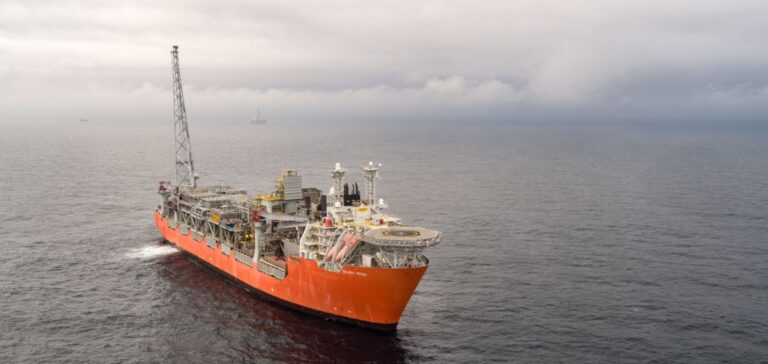The Norwegian Ocean Industry Authority, Havtil, has given the go-ahead to Aker BP for exploration drilling in production permits 102 F/G in the North Sea, issued on October 10, 2013 and valid until March 1, 2025. Aker BP holds a 60% majority stake and operates the licenses, with Petoro and PGNiG Upstream Norway as partners. In 2022, Norway had already awarded Aker licenses for 30GW of new offshore wind capacity by 2040.
Drilling details
The 25/5-H-2 H and 25/5-H-2 AH wells will be drilled to a water depth of around 120 meters, using Odfjell Drilling’s Deepsea Nordkapp rig. This sixth-generation semi-submersible platform, designed for harsh environments, plays a key role in exploration. Odfjell Drilling, a long-standing partner of Aker BP, will continue its operations in the North Sea thanks to a contract extension until the end of 2024, with an option to extend. This partnership testifies to the commitment of both entities to the development of North Sea resources.
Implications for Norway’s energy sector
This drilling authorization and the extension of the contract with Odfjell Drilling underline the importance of the Trell Portiko and Trell Sirloin projects for the Norwegian energy industry. These developments contribute to our understanding of the region’s oil and gas potential.
Support for future energy production
Exploration in these prospects is crucial to assess their viability as future energy sources. With the extension of the Odfjell Drilling commitment, Aker BP is positioning itself for successful exploration, supporting Norway’s energy objectives.
Havtil’s approval for Aker BP to drill in the Trell Portiko and Trell Sirloin areas of the North Sea marks a significant milestone in Norwegian energy exploration. The collaboration with Odfjell Drilling strengthens Aker BP’s ability to carry out these operations, underlining the importance of strategic partnerships in the sector.






















